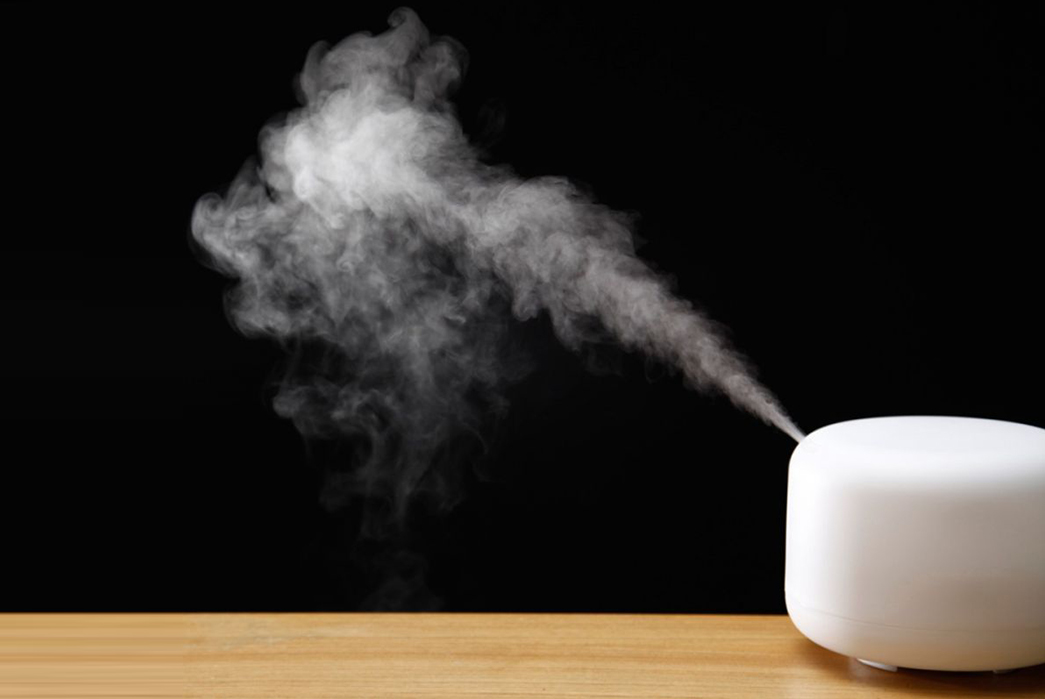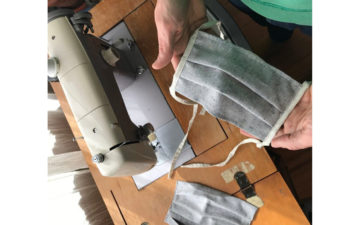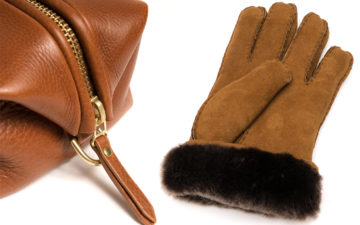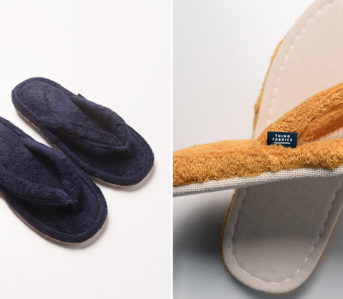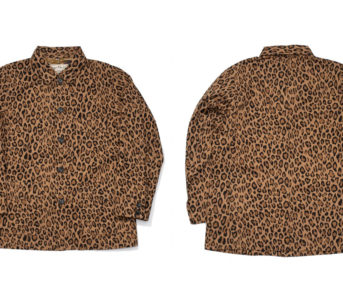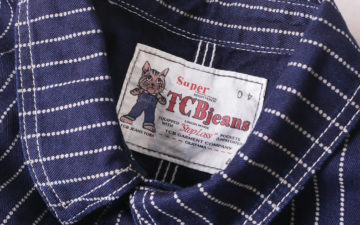Just as with J.C. Penney and J.Crew, this newest round of bankruptcies has its roots in a pre-covid era and a deeply flawed retail system. While many observers, even outside the industry, could see the Brooks Brothers fiasco coming, Muji USA’s bankruptcy filing might have come as a surprise.
The Japanese apparel, stationary, and home goods retailer’s recent arrival in the U.S. may be set up for just as quick of a departure.
Three Years at a Loss

Image via Muji.
According to the brand’s bankruptcy statement, Muji USA had been operating at a loss for the last three years. Muji USA, which is operated by Ryohin Keikaku Co., has existed since 2007, when the company made its first foray onto U.S. shores.
13 years later, the brand has 19 retail locations across the country, often in extremely desirable (and expensive) locations. This year, Muji USA accounted for only 2.5% of its parent company’s revenue, undoubtedly a disappointing figure.
Muji had already been struggling before the coronavirus hit, and had been attempting to renegotiate pricey rents, as well as strategize ways to raise sales. When the shutdowns came, Muji found itself on the proverbial back foot, markedly less agile and unable to supplement revenue with in-store sales.
If you know, you know
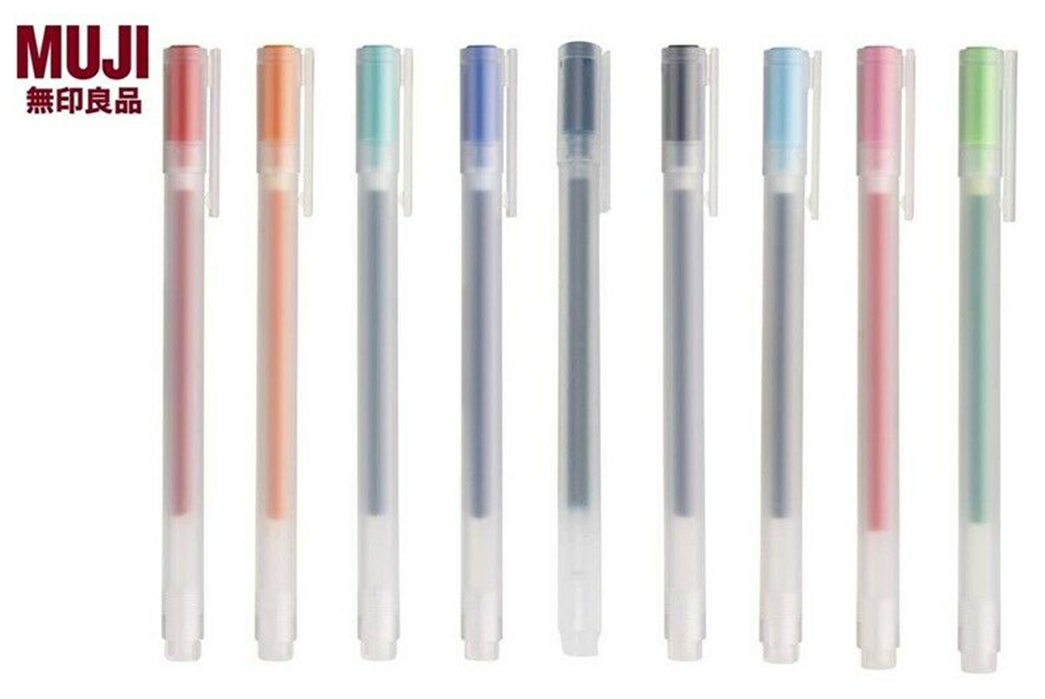
Image via Ebay.
Unlike the other bankruptcies we’ve covered, Muji has remained an “if you know, you know,” sort of brand. Though its minimal stationary and home goods are much lauded, the brand never found the broad appeal it sought in the American market. Despite a steadily growing retail footprint, American consumers appear to have never fully embraced the company’s well-made clothes, notebooks, and home goods.
Muji higher-ups place much of the blame on counterfeits, which a cursory search seems to confirm. “Muji-style” pens are sold on Amazon, complete with the Japanese tags. The brand’s minimalist designs may have been conducive to counterfeiting, but a more serious threat to the company was its own user-unfriendly website.
Tiny thumbnails, convoluted navigation, and bad product photos contributed to an e-shopping experience that belied the sheer quality of Muji’s products.
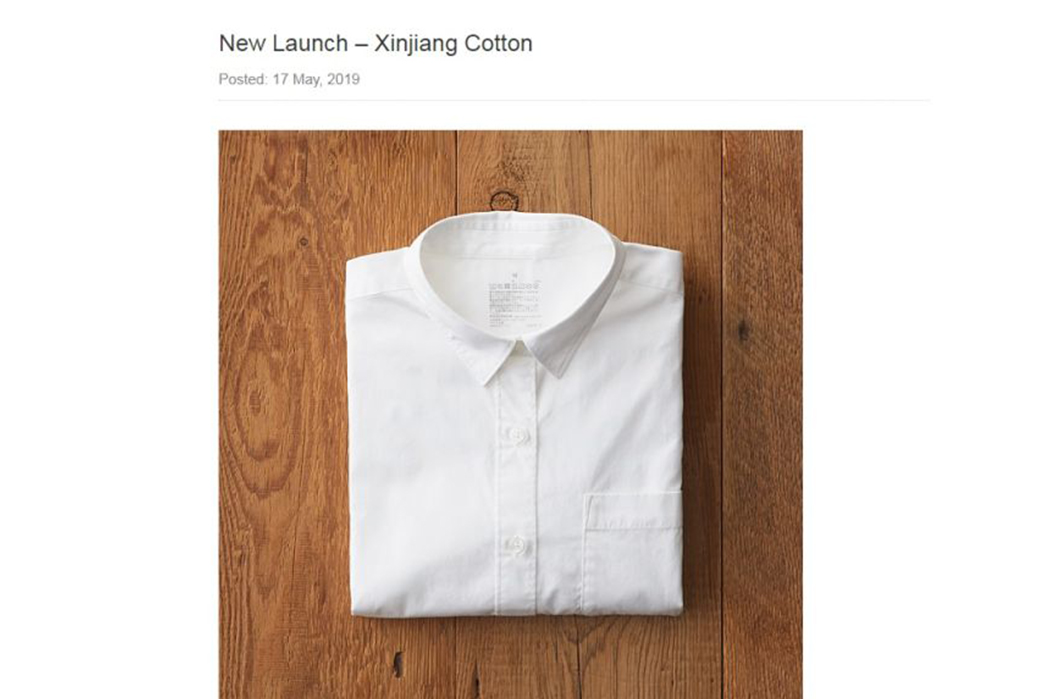
Brazenly advertising Xinjiang cotton. Image via ABC.
A major gaffe for the brand came at the end of last year, when brazenly advertising products made with Xinjiang cotton. Though many Asian retailers source cotton from this region of China, few openly advertise this, given the region has been the cite of mass internment of Uighur people, an oppressed Muslim minority in China.
Forced into labor, often in Xinjiang’s cotton fields, it felt spectacularly insensitive for Muji to brag about the material, “Made of organic cotton delicately and wholly handpicked in Xinjiang, the men’s Oxford Shirts of MUJI are soft and breathable with a clean design.”
Those knowledgeable on cotton cultivation know that almost all extra-long staple cottons (ELS) must be picked by hand, which can be cause for human rights concerns under the best circumstances. The Wall Street Journal found that all supply chains involving the Xinjiang area were suspect for forced labor.
In answer to the outcry, Muji expunged all mention of the Xinjiang region from its site, though it’s possible their “Extra Long Staple” products may be the exact same, just repackaged.
Bankruptcy
A message about our restructuring. #muji #mujiusa pic.twitter.com/nYfjie1KX7
— MUJI USA (@mujiusa) July 10, 2020
Though Muji U.S.A. is filing for Chapter 11 bankruptcy, the rest of the brand’s international operations should remain unaffected. Muji has 975 stores across the world, 400 of which are in Japan alone; all of which (allegedly) will continue to operate as normal—at least once normalcy is restored.
It remains to be seen exactly how this restructuring will affect Muji’s U.S. operations in the long-term, but unless consumers more readily accept the brand in the near future, we may find their precious pens and notebooks harder and harder to find.

